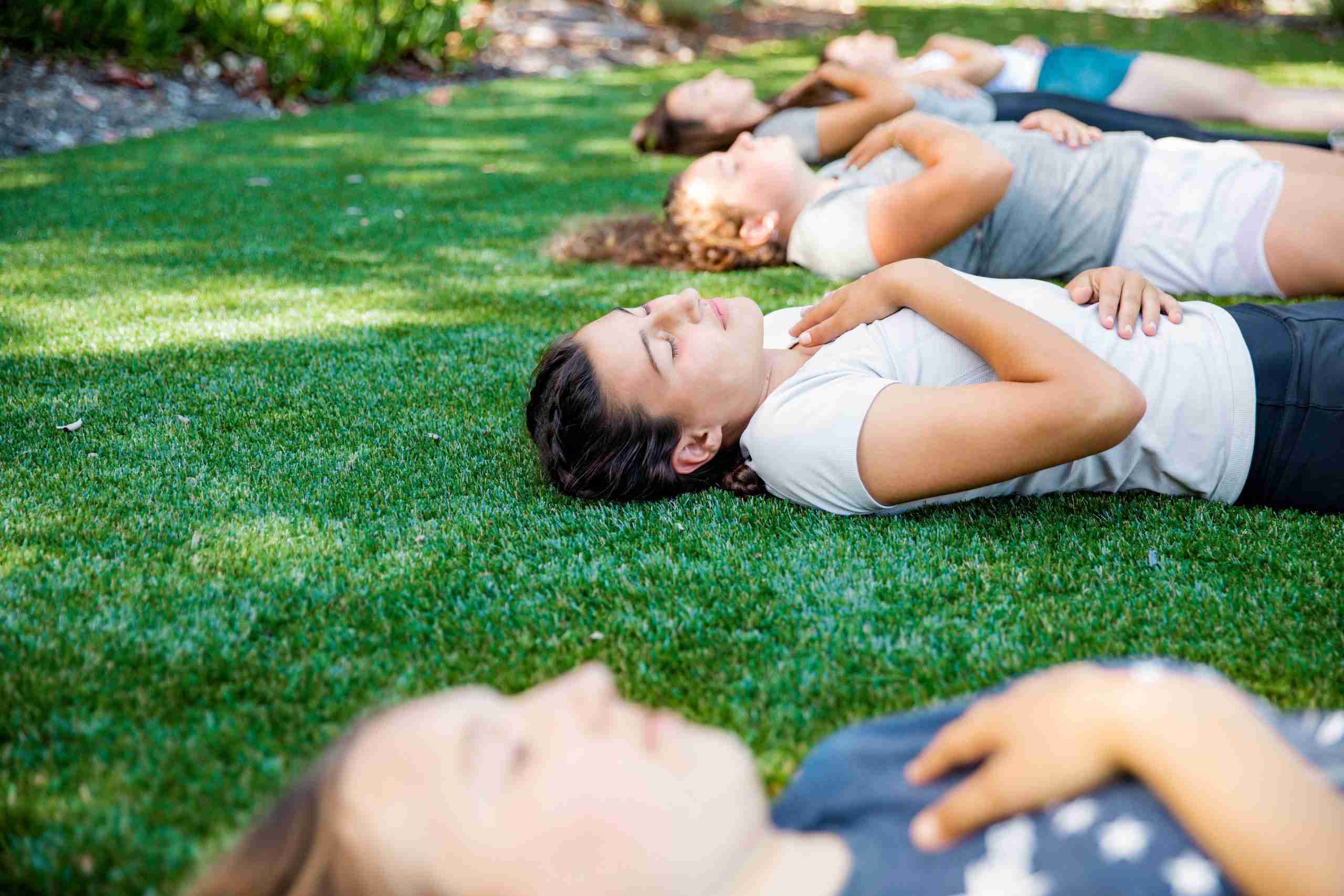Our community is losing the battle against teen suicide. We are failing to create a culture, and teach life skills that help teens thrive. As an expert in treating adolescent stress, anxiety and depression, and enhancing teen health and well-being, I recommend a comprehensive mindfulness based Stress Ed curriculum.
Simply defined, mindfulness is the practice of paying attention here and now, with kindness and curiosity, so that we can choose our behavior.
With practice, teens can bring an attitude of kindness and curiosity to their thoughts, feelings, physical sensations, impulses, and actions. Learning to observe their internal and external experience equips young people to make healthier, wiser, more compassionate choices. This ability to respond rather than react, is crucial when teens are dealing with persistent suicidal thoughts: “My life is hopeless.” “I’d be better off dead.” “No one cares.” When teens are taught to investigate such thoughts with the kindness and curiosity, they realize they don’t need to believe, or act on them.
Mindfulness works. A Belgian study (Raes 2014) adds to the evidence demonstrating the benefits of mindfulness courses for high school students. In this study, the number of mindfulness students with depression decreased from 21% to 15%, while the percentage of control students with depression increased from 24% to 27%. Six months later, the difference increased. The percentage of control students with depression rose to 31%; the number of mindfulness students with depression held steady at 16%. Thus, at 6 months, the 8-week course decreased the rate of depression by half!
After sharing related data in multiple forums over the past several years I continue to be heartbroken and frustrated that our caring community is failing to provide this life changing and live saving intervention to our youth. As a community, we must do everything possible to prevent teen suicide. I recommend a comprehensive 8-week mindfulness based Stress Ed course for every freshman*; mindfulness is scientifically proven to decrease adolescent stress, anxiety and depression, and enhance well-being. This cost-effective intervention could prevent additional tragedies.
Stress Ed would create a safe place for all students to learn these proven skills. If all freshman participate, it would eliminate the unfortunate stigma of seeking support from a counselor. Additional benefits of this format are that instructors can identify individuals who need immediate additional support, and serve as crucial resources for students at vulnerable times in the future. Further, students may discover common stresses that can be addressed on both a school and community wide basis.
Please note I am not suggesting that mindfulness or any other single intervention will prevent all teen suicides. I am suggesting that we can provide cost-effective, scientifically proven preventive measures to every freshman, not just those who approach the train tracks. Students desperately want proven skills that they can apply in their day-to-day lives. They’re actively seeking a more authentic dialogue than that currently provided in Life Skills class, which is often taught by staff without expertise in mental health and well being. Teens who learn mindfulness report it is extremely helpful in decreasing stress, anxiety, and depression and living more enjoyable, fulfilling lives. As adults these same skills can free us from the obsessive addiction to grades, SAT scores, and college admission that is literally killing our kids.
Recently, I was asked by a school administrator “what is the bare minimum for Stress Ed?” As a community, we do not discuss providing the bare minimum in math, or literature, or biology. So why are we discussing the bare minimum for student health and well-being?
*Kudos to Los Altos High School for providing a comprehensive 8-week mindfulness course to every freshman.



